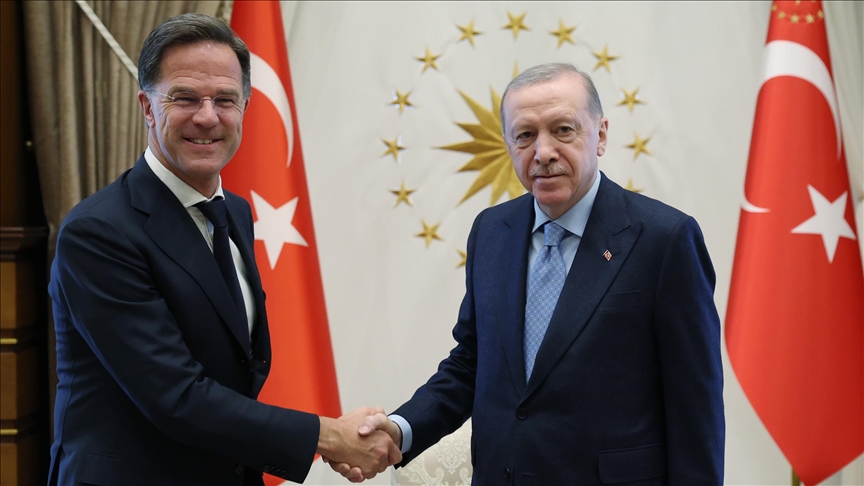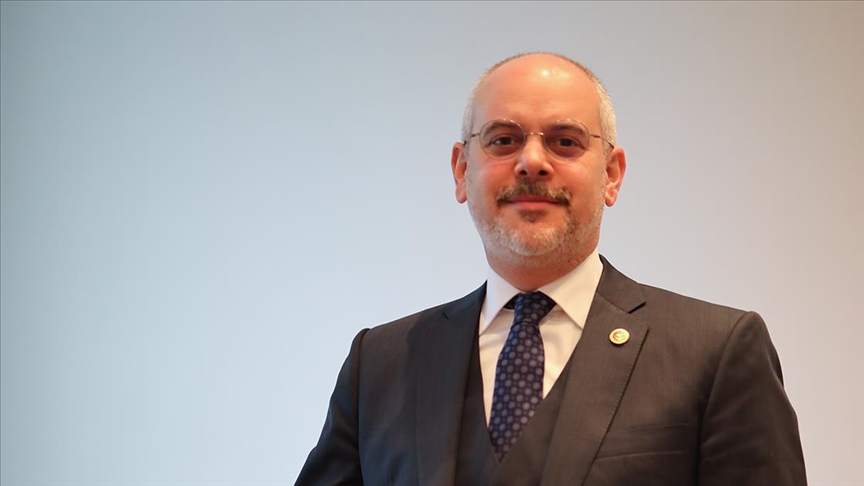SCHROEDER AND BAYKAL
He harshly opposed the Iraq war and criticized US President George W. Bush, and he blocked the US’ bid for international legitimacy for its war through the UN. Then, however, the US attacked Iraq and overturned Saddam Hussein’s regime, but a new one has yet to be established. The US has been neither successful nor unsuccessful, and now it’s in a bind.
Speaking to The Wall Street Europe Journal yesterday, Schroeder said that both those who opposed the war and those who favored it shared a common responsibility, namely working to make Iraq’s reconstruction succeed. ‘The idea that it’s enough to follow the mixed developments in Iraq is wrong,’ he added. ‘Our common responsibility means uniting to support democracy and development in Iraq. We must fulfill the requirements of this responsibility, and it’s no time for finger-pointing.’ Schroeder openly called for cooperation in Iraq. Another interesting point is that Schroeder didn’t link this cooperation with a UN Security Council resolution. This development might influence France too, and the UN might pass a consensus resolution on Iraq. Both this probability and the change in Berlin can give Ankara more room to maneuver and take some pressure off the government.
Iraq is too important to be left to its own fate. The US’ failure and the chaos and anarchy in Iraq would only warm the hearts of terrorists supporting Osama bin Laden, the Taliban and radical fundamentalists. It’s only reasonable to pave the road for stability and democracy in Iraq and contribute to it. In sum, Schroeder was against the war and didn’t cooperate with the US during it, but since the war ended, he’s called for cooperation for democracy in Iraq. This stance reminded me of how Republican People’s Party (CHP). CHP leader Deniz Baykal was against the war, and I wonder about his view now. Is he stuck in the past or can he look to the future? What kind of an Iraq vision does he have? Or does he have one at all?”


